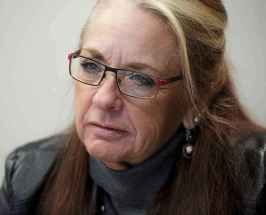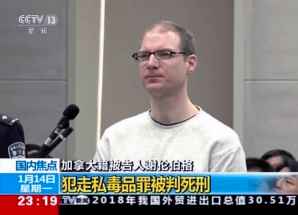Time is of the essence for Liberals, First Nations
Read this article for free:
or
Already have an account? Log in here »
To continue reading, please subscribe:
Monthly Digital Subscription
$19 $0 for the first 4 weeks*
- Enjoy unlimited reading on winnipegfreepress.com
- Read the E-Edition, our digital replica newspaper
- Access News Break, our award-winning app
- Play interactive puzzles
*No charge for 4 weeks then billed as $19 every four weeks (new subscribers and qualified returning subscribers only). Cancel anytime.
Read unlimited articles for free today:
or
Already have an account? Log in here »
Hey there, time traveller!
This article was published 13/01/2019 (1922 days ago), so information in it may no longer be current.
Last September, a video was posted on YouTube, showing a visibly annoyed Prime Minister Justin Trudeau meeting with leaders from the Federation of Sovereign Indigenous Nations in Saskatchewan.
The prime minister was annoyed a one-hour meeting was taken up by 20 to 30 chiefs, who each spoke for a few minutes about the challenges facing their communities.
“I am really, really upset about this,” Trudeau said. “That is not in the spirit of reconciliation, of the nation-to-nation relationship that we’re supposed to have. I am stuck with an absolute time cap at 9:05 (a.m.).”
FSIN Chief Bobby Cameron seemed similarly annoyed: “One hour is not enough time to give the respect our chiefs deserve. How can we get real answers for all of the issues that our plaguing our people?”
The irony of Trudeau’s words is this is exactly what a nation-to-nation relationship looks like. Reconciliation — if possible in Canada — is going to take patience, commitment, and a whole lot of listening.
Definitely more than an hour of a prime minister’s time.
On Monday, the federal Liberals reached their “time cap” on Indigenous issues.
In a somewhat surprising move, Trudeau shuffled two of the government’s most important ministers on Indigenous issues, moving Jody Wilson-Raybould to veterans affairs from justice and Jane Philpott to Treasury Board from Indigenous services.
Wilson-Raybould, as Canada’s first Indigenous justice minister and current highest-ranking Indigenous person in Parliament, was arguably the face of Trudeau’s reconciliation agenda.
Philpott was well-liked amongst Indigenous peoples, and expected to herald in some major changes over the next few months, including legislation that would hand over care of Indigenous children to Indigenous governments.
“Hearing lots of disappointment from #Indigenous people on this cabinet shuffle,” tweeted executive director of Canadian Roots (a youth organization based on implementing reconciliation) Max FineDay. “I haven’t heard one person say they’re glad Philpott/Wilson-Raybould were moved.”
“I felt we had an established relationship with Minister Philpott,” Assembly of Manitoba Chiefs Grand Chief Arlen Dumas stated in a news release.
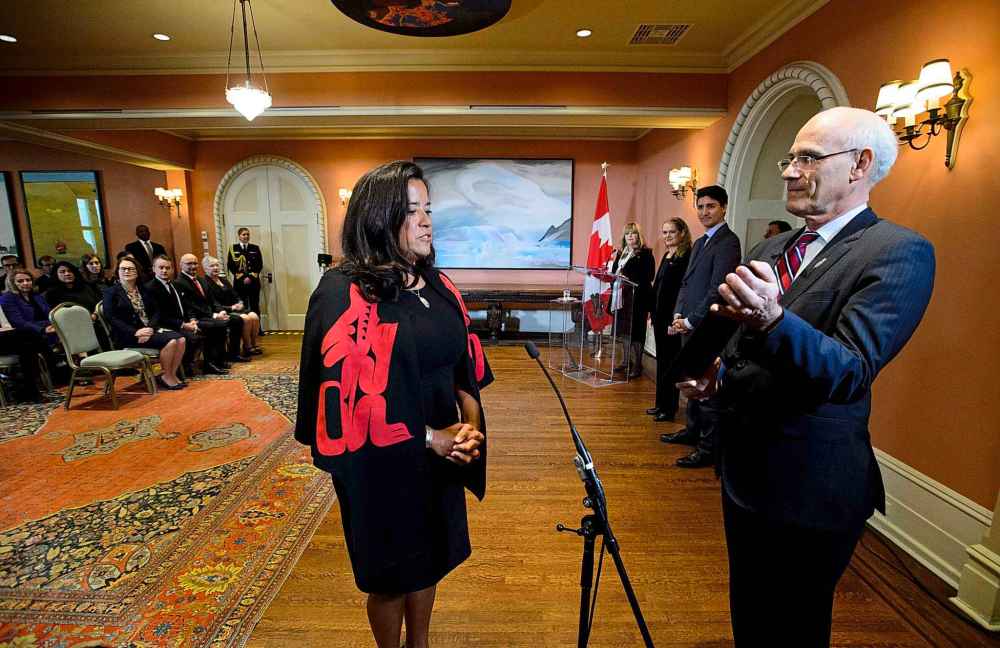
Even Wilson-Raybould seemed frustrated, issuing a statement: “I have received many questions and inquiries about the cabinet shuffle announced today, and why I am no longer the Minister of Justice… while I can understand the interest of Canadians in this matter, I will not be commenting.”
Ouch.
Montreal MP David Lametti is Canada’s new justice minister, and Seamus O’Regan of Newfoundland now leads Indigenous services. Both are non-Indigenous men.
At his first cabinet meeting, Trudeau explained why the group had gender balance, saying: “Because it’s 2015.”
Well, this cabinet is for 2019: a federal election year.
While no one expected the federal Liberals to make Indigenous issues a centrepiece of their re-election campaign, shuffling two of their most important advocates into new portfolios that draw their attention, while effectively grinding their existing departments to a halt, is a red flag.
Trudeau has run out of patience on reconciliation. At least, for now.
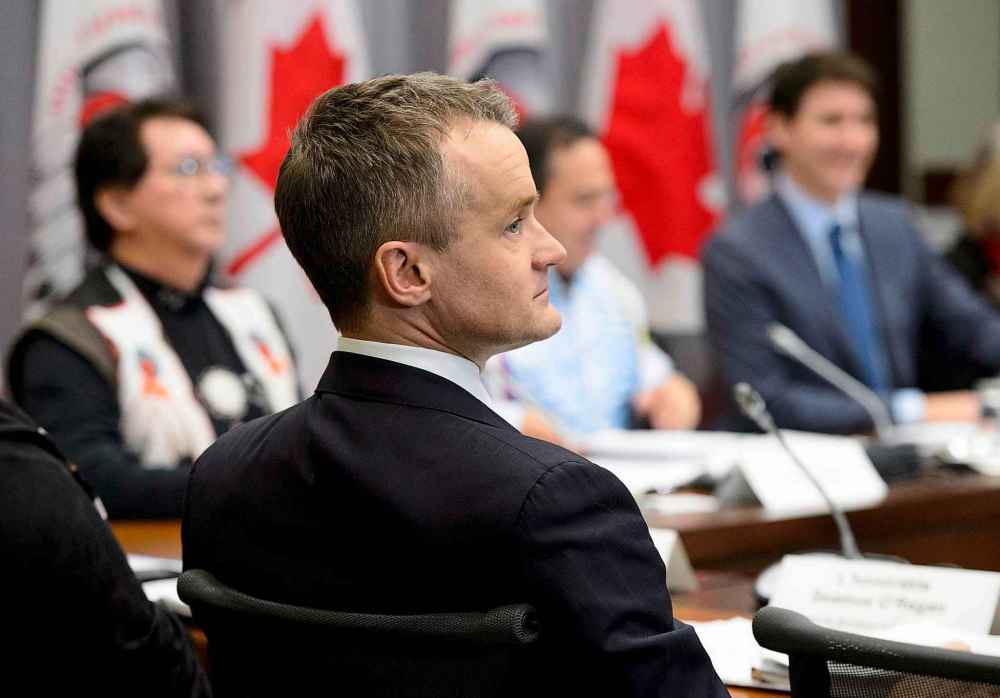
Indigenous issues will continue on the federal agenda, of course, but the days of big, sweeping policy change promises ended with the arrests of members of the Wet’suwet’en First Nation last week in B.C.
The federal government owns a pipeline Indigenous peoples are standing in the way of, a massive challenge surrounding consultation, and very little achievement on the issues they promised to deal with (tainted water, over-incarceration of Indigenous youth and under-serviced Indigenous health and education systems).
During the last federal election campaign, social media was filled with Indigenous peoples tweeting out “Reconciliation is Here” and selfies with Trudeau. I never see that anymore.
What was supposed to be a strength for Liberals — their record on Indigenous issues — has become a weakness, from the flawed National Inquiry into Missing and Murdered Indigenous Women and Girls to the limited scope of the Indigenous rights legislation to the failures to adequately consult First Nations on pipeline development.
In each case, policy failure came because the Liberals, while promising to act differently than Canadian governments of the past, repeated the mistake of failing to take into account Indigenous views and perspectives when making decisions about them.
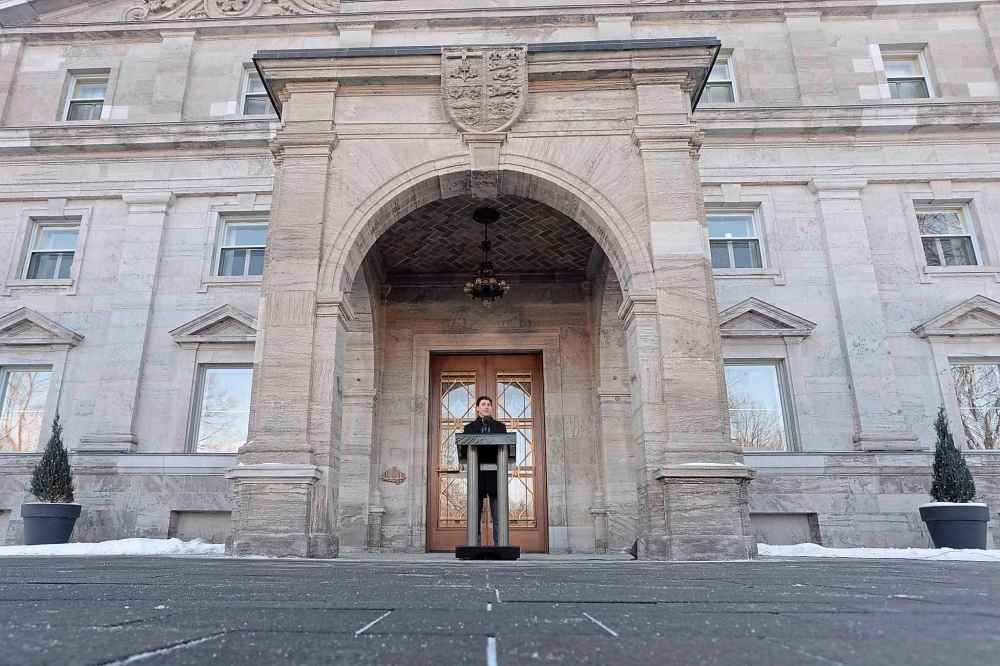
While well-meaning and regularly using terms such as “nation to nation,” they ultimately haven’t put in the time to create meaningful, lasting, and equal relationships with Indigenous nations. This comes from working with them, not over them. Listening, learning, then acting.
Part of this might be the Liberals have had only the most recent four years as a government, and it took Canada more than 150 years of violent and oppressive practices and policies trying to control Indigenous peoples to get us to this point.
However, the Liberals have been repeating the mistakes of Canadian governments past. Even when they include Indigenous peoples or their allies, they have trouble working with them. If they don’t like what they hear, they don’t listen. Then, they make decisions.
What they need to do is spend the time.
More than an hour, anyways.
niigaan.sinclair@freepress.mb.ca

Niigaan Sinclair
Columnist
Niigaan Sinclair is Anishinaabe and is a columnist at the Winnipeg Free Press.





